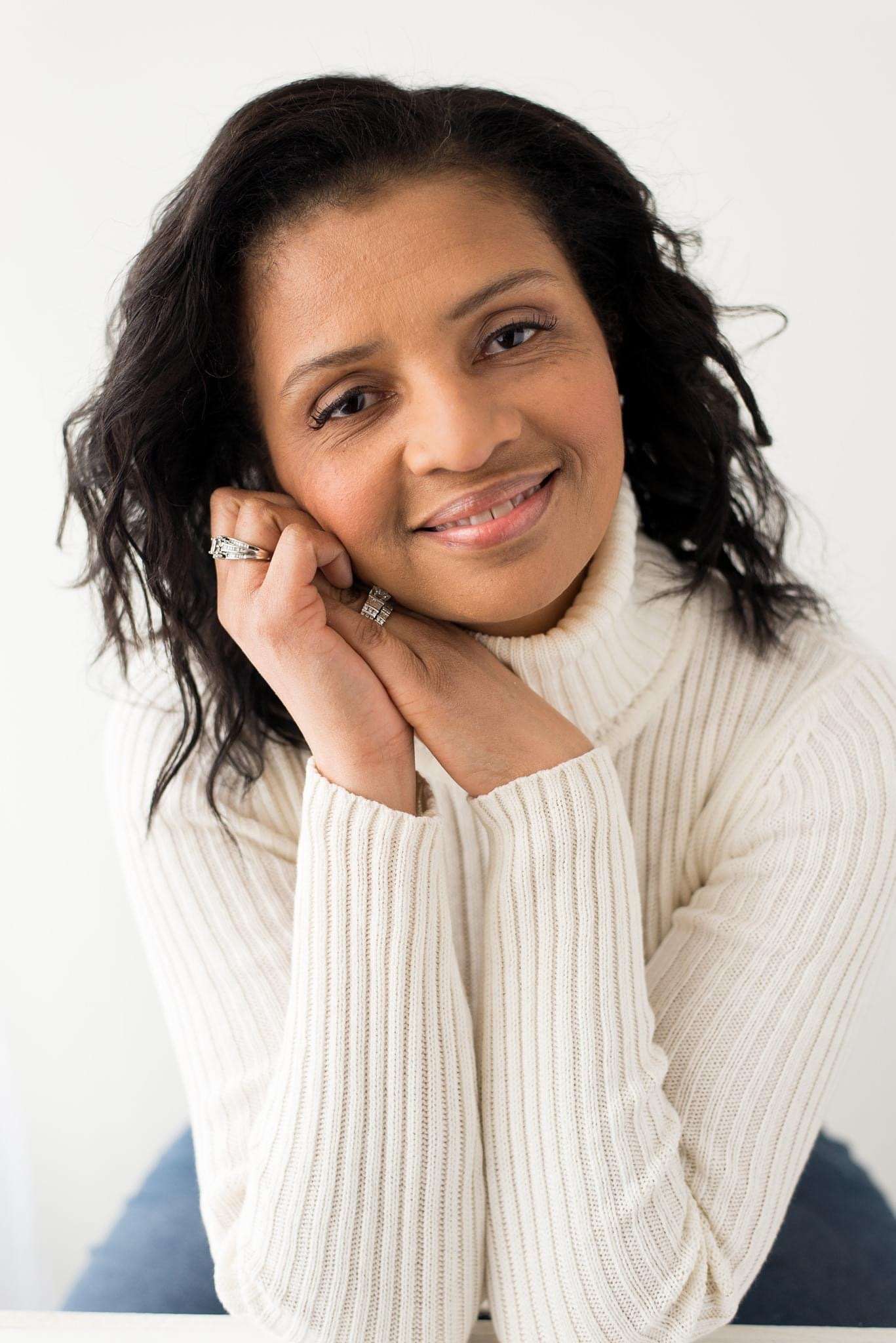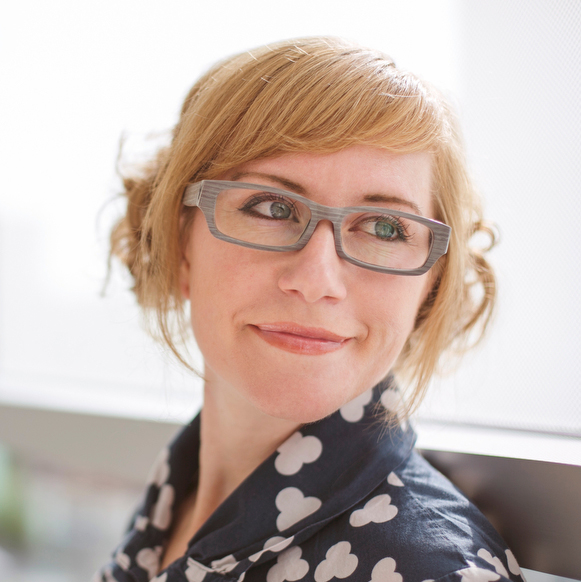
In the Spotlight: Rhonda Chandler, Lovin' the Skin I'm In
By: Colleen McBride
Rhonda Chandler is a past Doyenne 5x5x5 presenter (watch her pitch) and participant of the Fall 2021 Doyenne Triple Threat Venture Training program. I was able to have video meeting with her to learn more about her venture, her passion, and the important work she's doing in supporting teenage girls of color in the Green Bay, Wisconsin region.
Lovin The Skin I’m In is a non-profit organization that empowers and uplifts girls of color (ages 7-18+) in N.E. Wisconsin who identify as African American, Black, or bi-racial. It provides girls with access and exposure to opportunities while developing their talents, gifts, and leadership skills. Currently, the organization serves Brown Co. with the goal to expand throughout N. E. Wisconsin. This organization was birthed out of Founder Rhonda Chandler, discovering the adversities her daughters faced after moving to the Green Bay area from Charlotte, NC five years ago. The girls were harassed, ridiculed, and made to feel uncomfortably different. They experienced various forms of microaggressions because of their hairstyles, hair texture, and skin color. They were also the brunt of conscious and unconscious racist jokes and comments. They were in a position where they no longer had teachers, peers or professionals that looked like them or could relate to their experience, and it started to adversely affect their confidence and self-esteem. So, Rhonda decided to create a space in her home where they were free to be themselves, and have important conversations about their unique experiences. They shared what they were dealing with in school, and provided heartfelt perspectives on the pervasive racial/social injustice that continues to infect our country. As Rhonda observed the girls’ interactions she was moved by a passion to help them transform their perspectives, and empower them to see their distinction as a differentiator instead of a disadvantage. Ultimately, it was under this concept that Lovin The Skin I’m In was launched.
What are some of the programs you engage in with your organization? Are the girls organized into smaller groups based on age or school district? These girls range from first grade to high school age, and they come from different school districts in the Greater Green Bay area. Some of them are new to the area, but many of them have lived here their whole lives. They either know each other beforehand or come to know each other through different ice-breakers and discussion activities—lately we’ve been having the girls teach the moms tik tok dances, because they love to laugh at us as we try to learn. We have snacks and light conversations, and discussion naturally stems from there.
Our organization breaks up the girls based on education level—the conversations and level of maturity between age groups are different. However, I want the younger girls to see the older girls as mentors and learn from them. I ask all of them: “Why did your [parent] bring you here?” The older girls are more inclined to discuss and share their emotions, and everyone gets a chance to have an outlet for their opinions, feelings, and experiences. Not sharing your feelings is so healthy—I want these girls to have a space where they can talk about these things. This program grew out of the space I created in my own home to talk about these issues with my daughters, so I want to replicate that kind of safe haven where these girls can feel comfortable to talk about all sorts of issues.
What are the goals you have for school communities to better embrace and account for diversity, to prevent some of the alienation you talked about?
We are in conversations with a few schools in the area to improve their relationship with their diverse student body. I engage with parent groups that meet with faculty in order to develop better approaches that are catered to the kids. Over the next month, I will start going to schools to talk to their communities about this too. Change doesn’t happen overnight, but schools have begun to be more open about having these conversations and changing their policies by working together. The idea is to create better environments before problems occur—we want to be proactive, not reactive. We want to be able to treat harassment and racism as such when it happens, and change policies so it doesn’t happen or is properly dealt with when it does. I also want to serve as an educational resource for the broader community. Something I discovered recently is how prevalent trans-racial adoptions are in this area. 85-90% of the parents in our private Facebook group are white moms, who are either adoptive parents or have biracial children. We are teaching them how to be allies, and educating them about the challenges their children face with and without them.
Over the course of our nation's history, the rhetoric has been hostile towards people of color. Do you have any advice you give to the girls in your organization on how to consume news in a way that is less detrimental to their self-confidence and mental health?
Yes, my main strategy is to engage in activities with the girls that promote self-love and confidence, and caution them from overuse of these media sources, especially social media. This upcoming year we are going to delve into the effects of social media on their mental health—any of the moms would say we have convos with our girls on limiting social media, discussing things they should or should not pay attention to or consume. What they view through media outlets can be traumatic. I wanted them to think and discuss what this means for their mental health. During the pandemic, we talked about ways to engage in self-care. My goal is for them to have self love, honor themselves, not just survive but thrive in every setting they are in.
Elementary school is a young age to be confronting complex problems like bullying and racism—how is your approach catered to younger kids and how do you foster self-love during a time when children (especially girls) struggle with confidence?
So unfortunately, these issues are happening as young as first grade for these girls. I spoke with a mother in the program whose daughter was at recess and a white male classmate wouldn’t let her down the slide, using derogatory language. We live in a world where we kind of have to rob our kids of their innocence because we have to have these conversations so young, because ugly things are being said or done to them. They come home crying because of hurtful situations taking place at school—I just want them to come into a space where they know they have support, and even though they have to come back to school, the role of the organization is to foster relationships between children and moms and they’ll know they have that no matter what. As well as the older girls who serve as mentors for the younger ones, we also have young college students and young professionals in the community who volunteer their time to work as a mentor with the program. Even something as small as a conversation about hair can be a big deal to them. That’s why it’s so important to pair this with conversations and activities around self love. This summer, we had a movie night where we watched Black Panther—the importance of representation and having this group is important.

